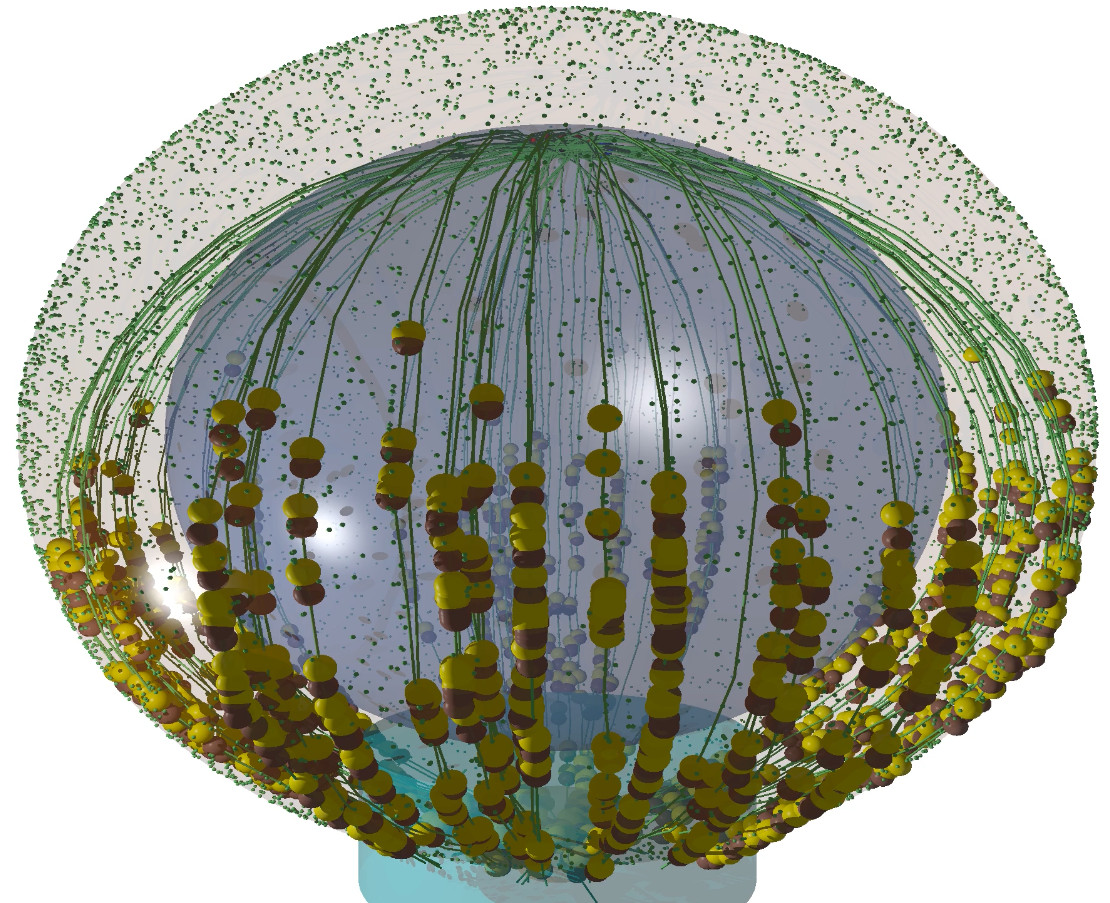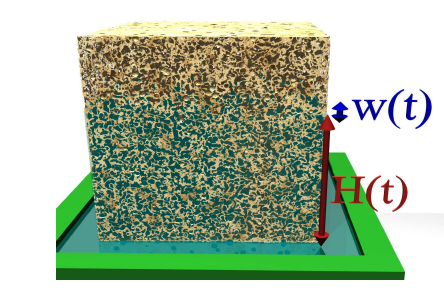AG — Prof. Heiko Rieger — Statistical Physics
Research
Biological Physics

Biological systems are manifestly far from equilibrium, since they consume continuously energy for instance in the form of ATP. In collaboration with several groups from the life science departments of the Saarland University and within the collaborative research center SFB 1027 we work on the biophysics of killing: and study how cytotoxic killer cells of the human body eliminate pathogen-infected or tumorigenic target cells. We are also interested in understanding the physical determinants of tumor growth, in particular the process of vascularization, interstitial fluid flow and drug delivery.
Statistical Physics

The statistical physics of systems far from equilibrium is still one of the most challenging fields in modern theoretical physics. Most natural systems, not only biological ones, are out of equilibrium. For instance the non-equilibrium dynamics in disordered systems takes place on enormously long time scales (in glasses theoretically even time scales of the order of the age of the universe) that it is called aging, which we studied intensively in the past. Currently we focus on random search processes and search strategies, pattern formation in ensembles of active particles, and imbibition and fluid flow in nano-porous media.
Legal notice (Impressum) Privacy policy



